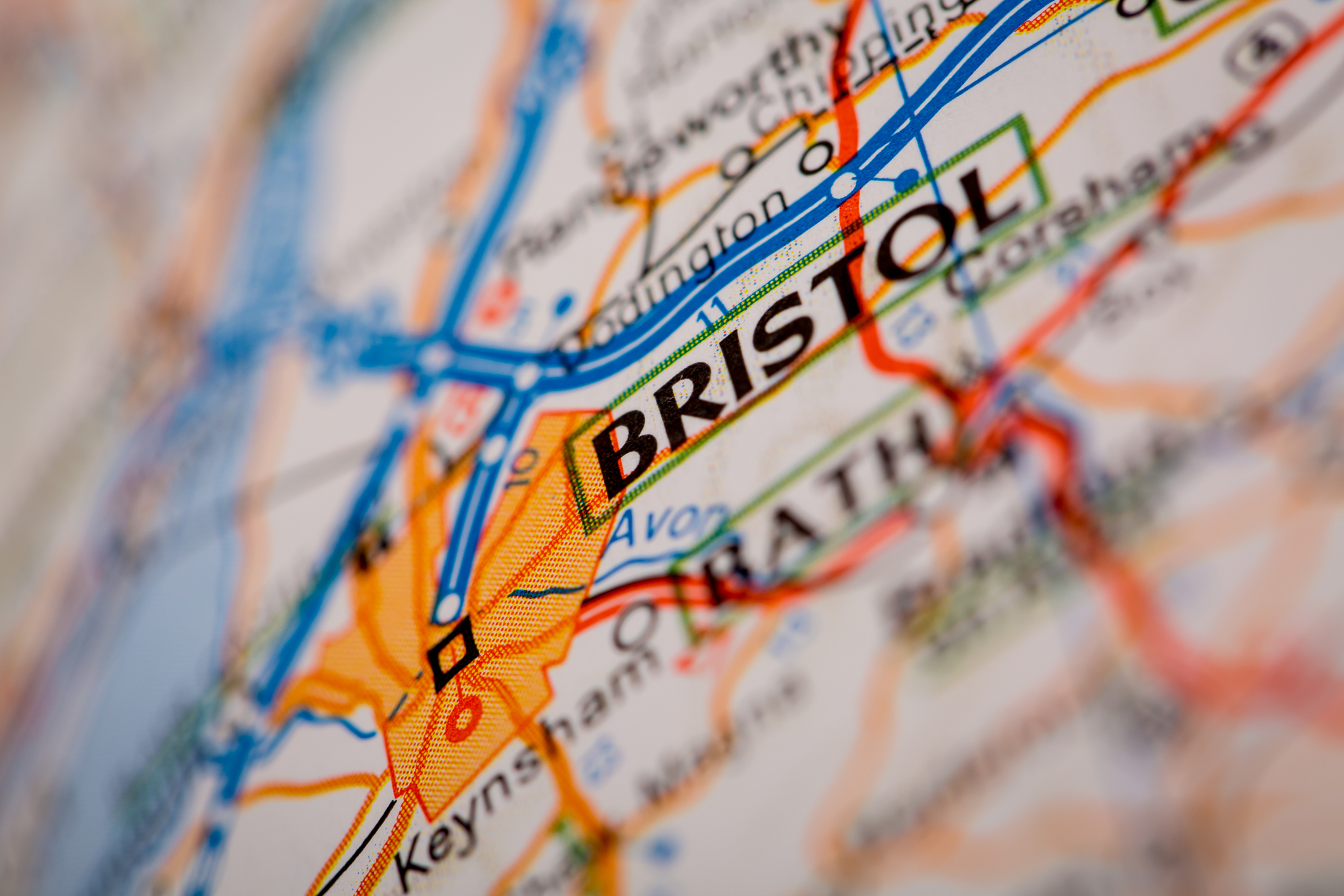Open skies?
The UK aviation industry’s chance of a successful post-Brexit takeoff could be hindered because of Theresa May’s shock announcement of a general election on June 8, Unite has warned.
Even before May’s election U-turn, both Unite and airline bosses had called for aviation negotiations to be settled urgently to prevent disruption to the industry. Now there are concerns that the general election will further narrow the window of time available to reach a deal.
Earlier this month, Dublin-based RyanAir said that without an early agreement to base advance flight patterns around, it may have to cancel UK flights “for weeks or months”.
In March, Unite called for the retention of the current “open skies” agreement to be fast tracked during the negotiations to avoid UK-based airlines registering outside of the country and operating under “flags of convenience” – a situation that would threaten jobs as well as funding for the Civil Aviation Authority (CAA).
The union’s call came after EU bosses preparing for Brexit told UK airlines that they must move their operations to the EU or risk having their intra-continental routes axed. Shortly afterward it was reported that easyJet is moving its headquarters from London to a new location inside the EU.
The countdown to secure an aviation agreement was already tight before the June 8 election was announced because of the advanced schedules air carriers run on, explained Unite’s national officer for civil air transport, Oliver Richardson.
While the Brexit negotiations have a two-year timetable, airlines need to have an aviation agreement in place one year before in order to arrange their schedules for summer 2019 – the date Britain will leave the EU.
The timing of the deal has been further complicated because of the EU’s stipulation that divorce talks be completed before any trade negotiations commence. But with a general election that will divert the government’s attention from negotiating to campaigning, the window of opportunity is likely to shrink further.
“Airlines sell tickets and publish their schedules well in advance, so you haven’t got two years to find out what the deal is – you’ve got a year. Now with the general election taking place you’re already taking two months out of that,” Richardson said.
Richardson said that while EU-registered air carriers such as RyanAir may experience problems with scheduling UK flights if a suitable deal is not reached in time, airlines based in Britain may move out of the country.
“Airlines have thin margins and are risk averse and they may start making decisions. We might end up with exactly the freedoms we want but with every airline in the UK registered somewhere else because they wanted to protect themselves,” Richardson said.
“If that happens they’re not going to unravel that. There’s no sentiment. They’re not going to say â€we want to be registered in the UK because it’s lovely’.”
 Like
Like Follow
Follow


